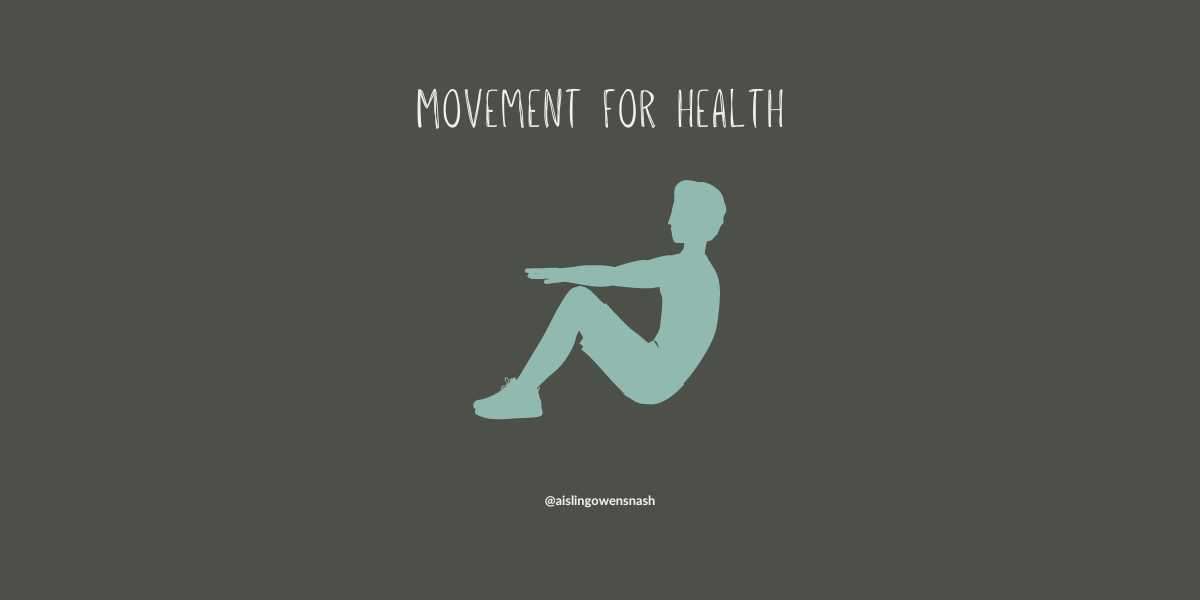Physical activity is a cornerstone of a healthy lifestyle, significantly contributing to overall well-being. Its benefits permeate various aspects of health, from physical fitness and chronic disease prevention to mental health and longevity. Understanding the multifaceted role of physical activity can empower individuals to incorporate exercise into their daily routines for improved health outcomes.
Physical Health Benefits
Weight Management
Engaging in regular physical activity helps burn calories, which is crucial for weight loss and maintenance. It increases metabolism and builds muscle mass, aiding in more efficient energy use by the body.
Chronic Disease Prevention
Exercise plays a vital role in preventing and managing chronic diseases. Regular physical activity can reduce the risk of cardiovascular diseases, type 2 diabetes, cancer, and osteoporosis. It helps regulate blood pressure, improve cholesterol levels, and enhance insulin sensitivity.
Musculoskeletal Health
Physical activity strengthens bones and muscles, reducing the risk of osteoporosis and sarcopenia (age-related muscle loss). Weight-bearing exercises, such as walking and lifting weights, promote bone density, while resistance training enhances muscle strength and joint function.
Mental Health Benefits
Mood Enhancement
Exercise stimulates the release of endorphins, often dubbed "feel-good" hormones, which can elevate mood and reduce feelings of depression and anxiety. Even moderate-intensity activities, like brisk walking, have been shown to improve mood and emotional well-being.
Cognitive Function
Regular physical activity supports cognitive health, enhancing memory, attention, and processing speed. It has been linked to a lower risk of cognitive decline and neurodegenerative diseases, such as Alzheimer's disease, in older adults.
Stress Reduction
Engaging in physical activity provides an outlet for stress relief, promoting relaxation and improving sleep quality. Exercise-induced reductions in stress hormones, such as cortisol, contribute to this calming effect.
Social Benefits
Community and Social Connection
Physical activity can be a social activity, whether participating in team sports, joining a fitness class, or simply walking with a friend. These interactions can foster a sense of community and belonging, contributing to overall social well-being. This is especially important for young people in today's digital world.
Improved Quality of Life
Regular engagement in physical activity enhances the overall quality of life. It increases energy levels, promotes independence in older adults, and enriches life satisfaction by enabling individuals to engage more fully in their daily activities and hobbies.
Recommendations for Physical Activity
The World Health Organization recommends adults engage in at least 150 minutes of moderate-intensity aerobic physical activity, or 75 minutes of vigorous-intensity activity, per week. Additionally, muscle-strengthening activities should be performed on two or more days per week.
The role of physical activity in health extends beyond the mere prevention of diseases; it is a foundational element of a vibrant, fulfilling life. By integrating regular exercise into daily routines, individuals can reap the myriad benefits that physical activity offers for the body, mind, and social well-being. Whether it's a structured workout program, recreational sports, or simple lifestyle changes like walking or cycling, finding enjoyable ways to stay active is key to a healthier, happier life. Remember, it’s not one size fits all.
You can access on-demand exercise sessions as part of my 30 Days to Thrive Healthy Living Program- it's all about refuelling and revitalising your mind, your body and your skin through healthy eating, strategic supplementation for 30 days, a Be Well Miracle morning for self-development and mindset work and on-demand exercise classes as well as meal planning and shopping lists and accountability.
Click here to pop me a message to find out more, no strings.
Aisling








